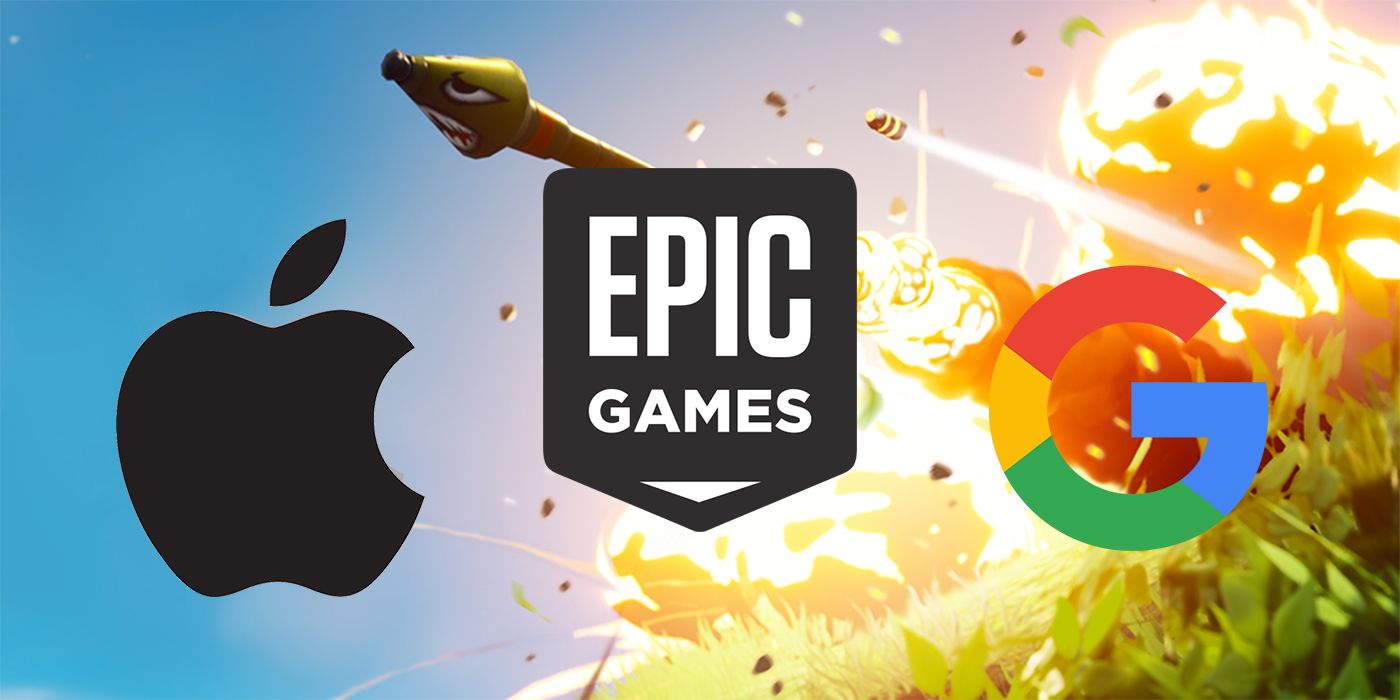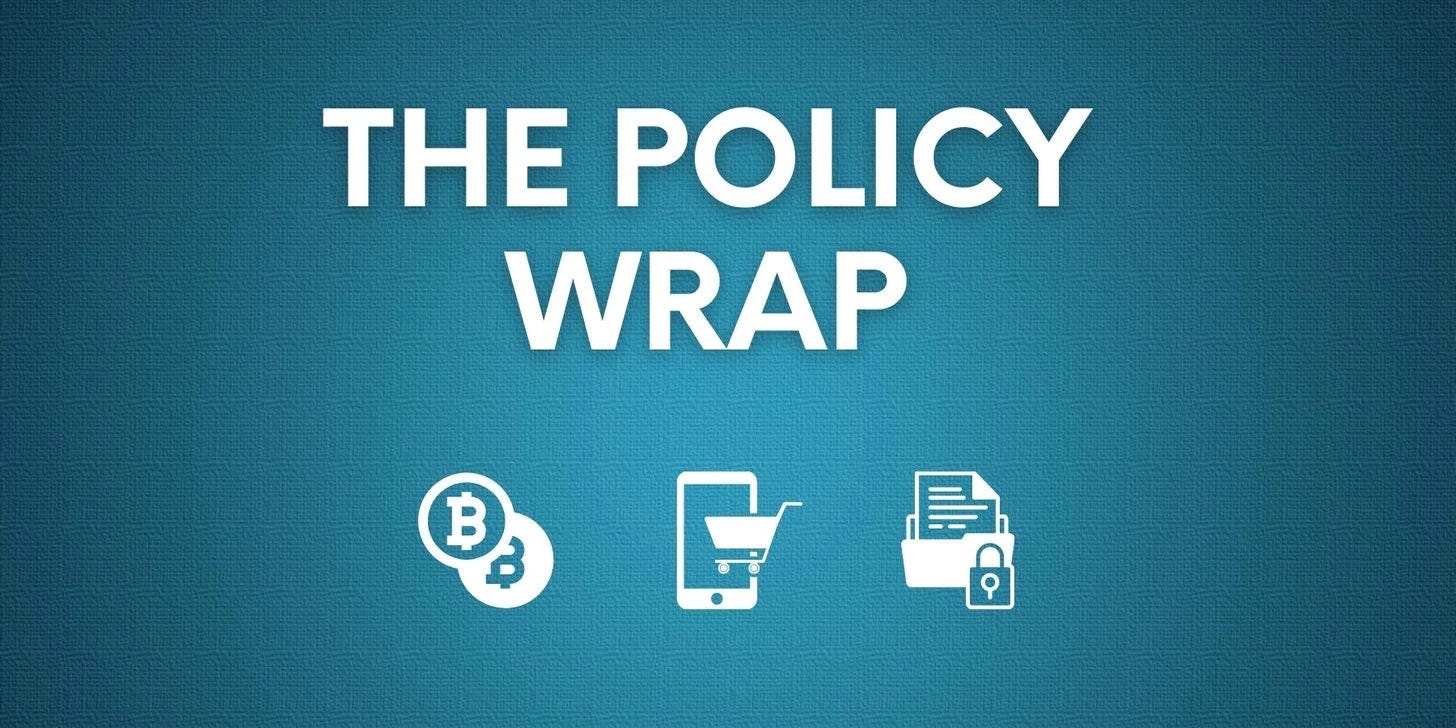Epic Games’ Legal Triumph Over Google Ripples Through $200 Billion Big Tech And App Store Models Duopoly, Apple
In a groundbreaking legal defeat for Google against Fortnite maker Epic Games, a seismic shift is underway in the app store industry that has long been dominated by a duopoly with Apple. This legal battle, culminating in a San Francisco jury's unanimous decision, threatens the very foundations of an industry generating close to $200 billion annually. The repercussions extend beyond financial implications, as the verdict challenges the established norms and practices of app store giants, prompting a reevaluation of their business models. As the dust settles on this legal showdown, the domain of app distribution and developer relations is poised for transformative change.

Google’s recent legal setback against Epic Games, the creator of Fortnite, poses a significant threat to the app store industry, which is dominated by a duopoly with Apple.
The industry generates nearly $200 billion annually and shapes how billions of users interact with mobile devices; the San Francisco jury’s decision, delivered on Monday, dealt a blow to the prevailing business model of Google and Apple in the app market, where they impose commissions as high as 30% on software developers, who often have limited alternatives.
Epic Games has long criticised this commission structure, and the unanimous verdict by a federal jury supports its claims that Google, Alphabet Inc., acted unfairly as a monopoly.
The outcome is likely to expedite the ongoing scrutiny of app store regulations by global regulators and lawmakers, potentially leading to a revision of these rules.
While Apple won a similar case against Epic in 2021, that ruling was made by a single judge. In contrast, the recent Google suit, where a jury unanimously sided with Epic, involved actual consumers in the decision-making process.
The jury concluded, after a brief deliberation, that Google engaged in anticompetitive conduct, causing harm to Epic and unlawfully imposing its billing system on developers.
The legal battle originated in 2020 when Fortnite was removed from both Apple and Google Play app stores due to Epic’s installation of its own payment system; the move aimed to circumvent the substantial revenue share taken by the tech giants from in-app purchases and subscriptions.
In response, Epic filed lawsuits against both companies.
Google has faced criticism for striking preferential deals with major developers, offering lower commissions, and the jury’s decision emphasises that Android app developers should not be compelled to use Google’s billing system.
The Consequence
The verdict may prompt significant shifts in the market, with major tech companies having to make concessions to avoid legal consequences.
The case reflects a growing sentiment among consumers that major tech companies wield excessive power; at the same time, Google has also faced scrutiny from the Justice Department over its dominance in search.
Epic’s CEO, Tim Sweeney, anticipates that as Google adjusts its operations, Apple will likely follow suit under public pressure, leading to positive outcomes for consumers in terms of lower prices, improved quality, and increased options.
The financial stakes for both Apple and Google are substantial, with in-app spending projected to reach $182 billion next year and $207 billion in 2025.
However, changes are already underway, with the European Union’s Digital Markets Act mandating adjustments, including allowing third-party app stores and billing systems in the region.
The Epic win against Google could bring about significant changes in the United States, potentially returning internet software to a more open environment.
Stanford Law professor Mark Lemley suggests that this verdict may challenge the trend of the past two decades, marked by a shift away from the open internet toward closed ecosystems of app stores.
While Apple plans to appeal the verdict, the implications of this legal development may pose challenges to both Google and Apple in their home country.
The outcome of the trial against Apple in 2021, where it won nine out of 10 counts, leaves the question open regarding whether Apple should permit all third-party developers to direct customers to external websites for purchases, bypassing Apple’s fees.
The debate over whether Apple abused its monopoly power is expected to intensify in light of the recent Google verdict.

The Start Of The Legal Battle
In August 2020, Epic Games initiated legal proceedings against tech giants Google and Apple, accusing both companies of maintaining illegal monopolies within the app store arena.
Epic’s allegations centered on the enforcement of their in-app payment systems and the imposition of a hefty 30% “tax” on applications; specific grievances against Google included the classification of the Google Play Store as an unlawful monopoly and the removal of Epic’s popular game, Fortnite, from the platform due to the game developer’s implementation of its own payment system.
Apple, too, faced claims of monopolistic practices, with Epic asserting that the App Store charged exorbitant fees, particularly the 30% commission on in-app payments.
Epic CEO Tim Sweeney’s Perspective
Epic Games, under the leadership of CEO Tim Sweeney, celebrated a significant victory against Google in court; Sweeney attributed this success to revelations during the trial, exposing Google’s alleged deletion or negligence in preserving records, particularly discussions about clandestine deals with app developers.
He emphasised the trial’s unique aspect of being decided by a jury, unlike the case against Apple, which was adjudicated by a judge.
Sweeney stressed the unprecedented nature of the case, revealing Google’s actions that seemed incongruent with the expected conduct of a trillion-dollar corporation.

Legal Implications and Industry Impact
The court’s decision against Google holds substantial implications for the digital app market, potentially reshaping the revenue distribution dynamics dominated by Google and Apple.
The verdict may empower other antitrust challenges against Google, echoing a similar case brought forth by the Department of Justice.
Next Steps and Future Outlook
As the legal dust settles, U.S. District Judge James Donato will preside over hearings in January to determine the changes Google must implement.
Epic Games, advocating for lower fees and alternative distribution channels, remains optimistic but cautious about immediate change.
Google’s plan to appeal the decision signals a protracted legal process, and Epic Games hopes the revealed deals during the trial will provide leverage for its partners in future negotiations.
While investors appear relatively unfazed, the trial’s outcome emphasises the growing scrutiny on app store business practices, paving the way for potential shifts in the digital marketplace.

Ripples Through Big Tech and App Store Models
The legal victory of videogame developer Epic Games over Google in an antitrust case has sent shockwaves through the tech industry, casting doubt on the app-store models of not only Google’s parent company, Alphabet, but also its rival, Apple.
The decision has broader implications for other major players in Big Tech who are eyeing opportunities to challenge the dominance of these app store giants.
Impact on Apple and App Store Dynamics
Epic’s triumph raises immediate questions about whether Apple will face intensified pressure to reconsider its longstanding policy of extracting up to 30% of revenue from apps in its App Store.
Analysts predict a potential erosion of the traditional revenue split over time, with independent analyst Richard Windsor highlighting ongoing pressure on the established 30%/70% model.
While Apple emerged victorious in its own antitrust lawsuit brought by Epic in 2021, the recent Google decision could reignite discussions around Apple’s app store practices.
Ramifications for Other Big Tech Players
The aftermath of the Google judgment might prompt other companies to explore the establishment of their own app stores in a more open market.
However, experts suggest that the business under an altered revenue-split model could be less lucrative than the current framework; Amazon, which operates the third-largest app store, has yet to comment on the implications of this legal development.

Potential Market Fragmentation and Industry Outlook
The possibility of a more fragmented app store market looms large, as Microsoft reportedly plans to launch a new app store for games on iPhones and Android smartphones in the coming year.
While this move hints at potential diversification, it remains uncertain whether a more fragmented market will be a positive or negative development for the broader technology sector.
Analysts express mixed views on the potential outcomes, with some anticipating opportunities for game companies to market content more effectively and process payments with reduced fees.
The Last Bit, Epic Games’ legal triumph against Google has triggered a reevaluation of app store models, impacting not only Google but also placing Apple and other tech giants under the spotlight.
The potential reshaping of the revenue-split and the emergence of new players in the app store arena raise questions about the future dynamics of the technology sector.
As appeals and market adjustments unfold, the industry awaits further developments that could redefine the way apps are distributed and monetised in the ever-evolving digital sector.
However, even as Google plans to appeal the verdict and the industry braces for further legal battles, it is evident that the status quo is no longer tenable.
Consumers, developers, and regulators are now pushing for a more open and equitable app ecosystem.
The ramifications of this legal upheaval extend far beyond monetary considerations, potentially reshaping the very fabric of how we access and interact with mobile applications.




